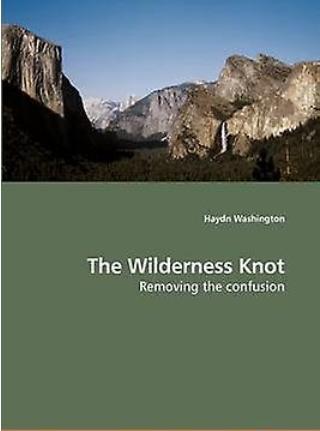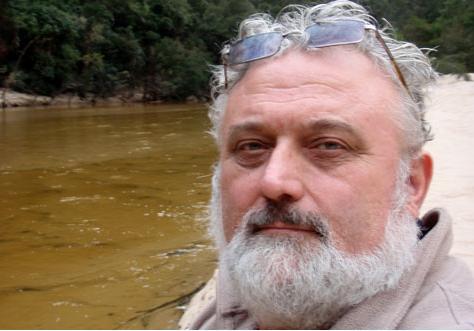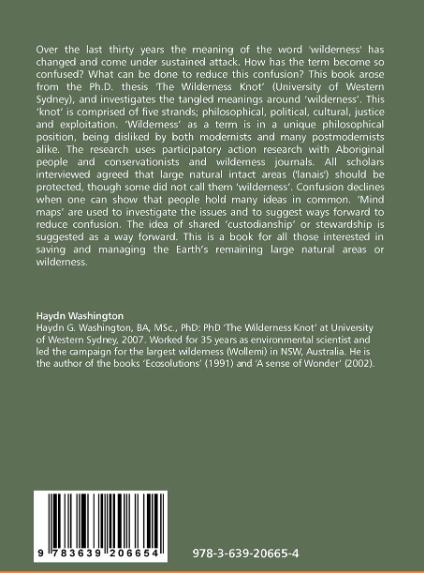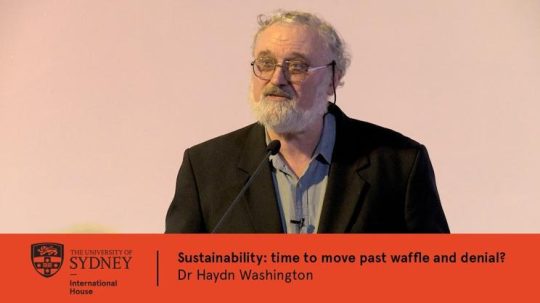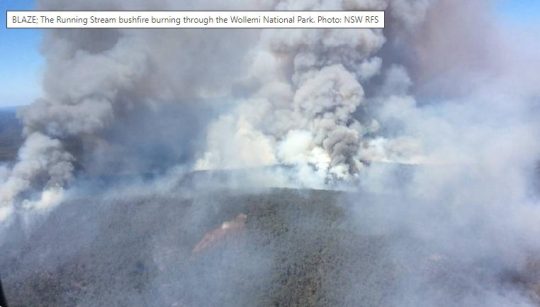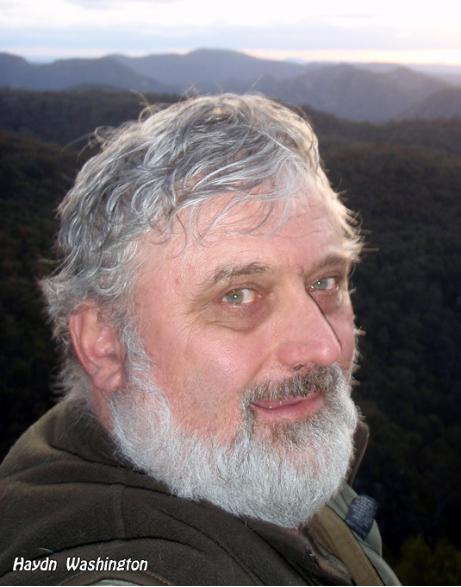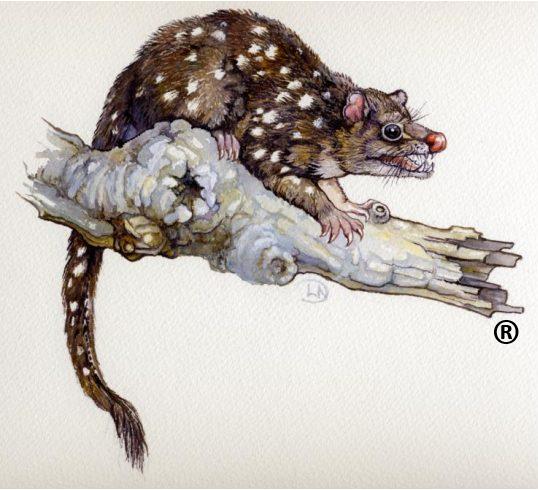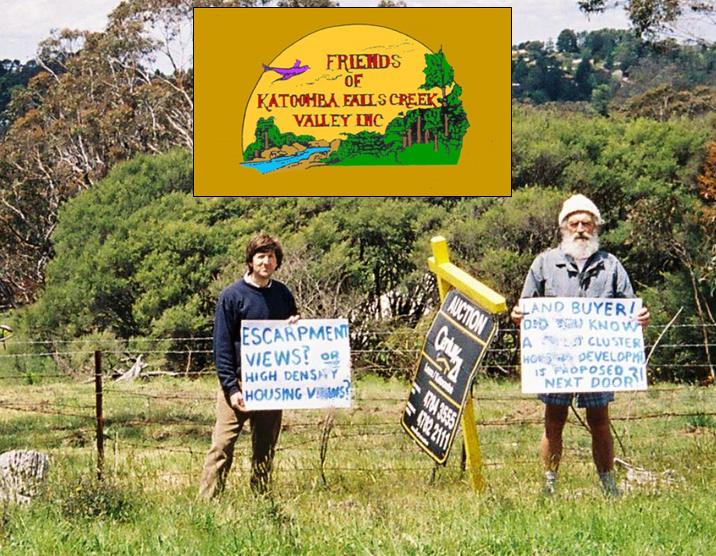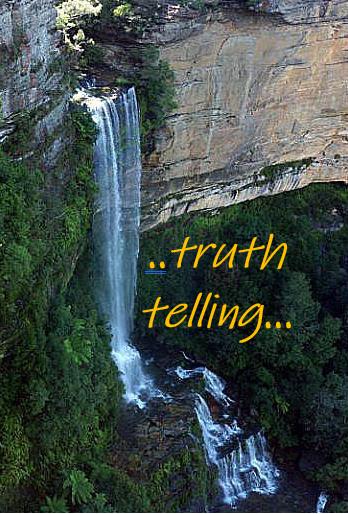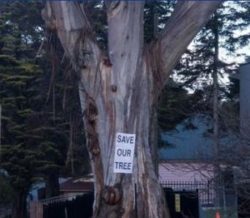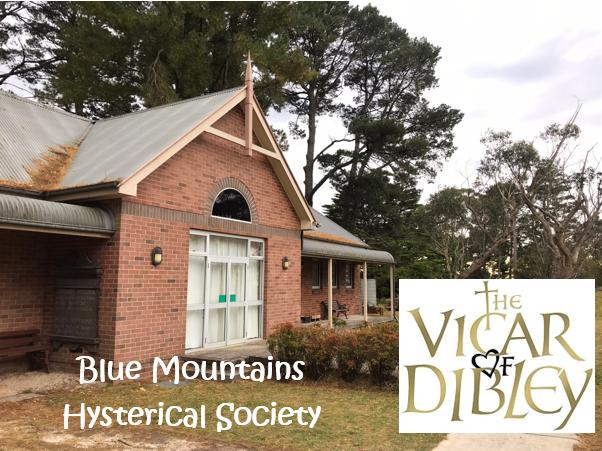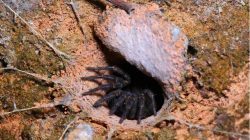Dr Haydn Washington’s Wilderness Knot
Tuesday, December 27th, 2022
“Over the last thirty years (Ed: 1970s – 2000s] the meaning of the word ‘wilderness‘ has changed and come under sustained attack.
How has the term become so confused? What can be done to reduce this confusion?
This book arose from the Ph.D. thesis ‘The Wilderness Knot’ (University of Western Sydney), and investigates the tangled meanings around ‘wilderness’. This ‘knot‘ is comprised of five strands; philosophical, political, cultural, justice and exploitation. ‘Wilderness‘ as a term is in a unique philosophical position, being disliked by both modernists and many postmodernists alike.
The research uses participatory action research with Aboriginal people and conservationists and wilderness journals. All scholars interviewed agreed that large natural intact areas (‘lanais‘) should be protected, though some did not call them ‘wilderness’.
Confusion declines when one can show that people hold many ideas in common. ‘Mind maps’ are used to investigate the issues and to suggest ways forward to reduce confusion. The idea of shared ‘custodianship’ or stewardship is suggested as a way forward.
This is a book for all those interested in saving and managing the Earth’s remaining large natural areas or wilderness.”
~ Haydn Grinling Washington, Ph.D (2009).
Clicking on our document hyperlink below opens to an internal Adobe PDF document stored on this website, which has been downloaded from the University of Western Sydney’s publicly available website, so it resides in the public domain.
This document is available in the public domain because that was the wishes of its author, the late Australian Environmental Scientist Haydn Grinling Washington – to share and promulgate the environmental philosophy of ‘Ecocentrism‘.
This is the opposite of prevailing ‘Anthropocentrism‘ philosophy. Human beings are NOT the central or most important entity in the universe, despite many arrogantly presuming they deserve to be.
The document comprises his complete Ph.D thesis submitted in 2006.
Later in 2009, Haydn had his successful thesis published as a book entitled ‘The Wilderness Knot: Removing the confusion‘ in the form of a paperback in A4 size of some 386 pages in length, published by VDM Verlag.
The book version is currently still available to be purchased via reputable Internet resellers for a delivered price for about AUD$180. These currently include FruugoAustralia.com and Amazon.com.
This website’s editor knew Haydn from a number of meeting events (2007-2009) within the Australian conservation movement particular to the Blue Mountains World Heritage Area and discussed his work and philosophies before Haydn’s untimely succumbing to bowel cancer in December 2022.
Haydn wanted to share his environmental passion for respecting the values and wonder of wilderness, native habitat and its wildlife with as many people as possible. He was not about fame and fortune from his many literary works (his prolific poetry and six books).
Our editor was invited and attended Haydn’s funeral service at The Brahma Kumaris meditation retreat centre in Leura in the Blue Mountains in Australia on Thursday 22nd December 2022. We counted about 150 attendees. It was an opportune time to catch up with seasoned conservationists, although we would have wished for a different reason. Haydn had attended this retreat on a number of occasions.
This is his Ph.D thesis in full, available to read and to download:
READ: >The Wilderness Knot (thesis by Haydn Washington Ph.D 2006 UWS) [This original 386-page PDF document is available for download free of charge, as were Haydn’s wishes].
Wollemi Wilderness Champion
Haydn Washington dedicated most of his adult life to selected environmental campaigns that affected him in eastern Australia about protecting wilderness areas from human harm, most notably the Wollemi wilderness in the northern part of the Blue Mountains region of New South Wales. Haydn at the time lived nearby, so was this noble planetary Nymyism beyond his backyard?
What is wrong with that? It’s such a selfless cause.
Haydn became the lead campaigner for this vast Wollemi wilderness region of 5,000 km2. He successfully saw it legally protected in 1979 as the Wollemi National Park.
The Wollemi National Park was then in 2000 officially incorporated into the Blue Mountains World Heritage Area, respected as one of eight contiguous national park protected areas along with the Blue Mountains, Yengo, Nattai, Kanangra-Boyd, Gardens of Stone and Thirlmere Lakes National Parks, and the Jenolan Karst Conservation Reserve.
Tragically, two decades later from Saturday 26th October 2019 into January 2020 the custodial authority (NSW National Parks and Wildlife Service of NSW (a misnomer) in cahoots with the New South Wales Rural Fire Service) stood back and allowed a private pile-burn off Army Road near Gospers Mountain inside the Wollomi wilderness get out of control and spread over days, weeks and months.
That single ignition was allowed to blanketly incinerate the pristine Wollemi wilderness in its entirety – all 5,000 km2, endangered Koala communities and all! It was wantonly despicable neglectful act by the Wollemi NP’s and Blue Mountains World Heritage Area’s governmental custodian, NPWS.
Indeed this is why we refer to the NPWS organisation as merely the NSW Parks Service; that’s all it is useful for, just servicing parks, as in urban parks and gardens.
NPWS employs no ecologists, no botanists, no zoologists, no ornithologists, no geologists, and no environmental scientists like Haydn Washington; but only public servants.
This is despite NPWS as a state government agency being delegated with supreme responsibility for the Blue Mountains World Heritage Area and all other national parks within the Australian state of New South Wales and their threatened and endangered ecosystems within.
Indeed defacto bush arson on a calamitous scale never before in Australia’s history by a anthropocentric governmental culture, having a total disregard and contempt toward Wilderness values.
Haydn would have been utterly devastated.
The entire loss of his favoured wilderness by preventable fire would have sapped him of energy and hope. He lived next to it, knew it intimately by exploration on foot and down the length of the dominant wild Colo River by paddle. One presumes the 2019 bushfire disaster of the Wollemi wilderness caused him immense grief and impacted upon his mental health.
Did wiping out the Wollemi trigger Haydn’s heath demise?
We think so. The physical cause of cancer can emerge from psychological stress.
‘Psychological stress‘ describes what individuals experience when they are under mental, physical, or emotional pressure.
‘Stressors‘ are factors that can cause stress such as negative external factors that arise outside one’s control or influence, such as the total loss of one’s life work to protect a wilderness area and its ecology as an environmental scientist with a deep passion for its ecology. Perhaps his psychological stress had become enduring and chronic, causing translating into physical harm.
Research has shown that people who experience chronic stress can have digestive problems, heart disease, high blood pressure, and a weakened immune system. People who experience chronic stress are also more prone to having headaches, sleep trouble, difficulty concentrating, depression, and anxiety and to getting viral infections. The medical science is out (unschooled) on the causation of cancer from chronic psychological stress.
But what is established is that chronic psychological stress can lead to many health problems. A 2019 meta-analysis of nine observational studies in Europe and North America also found an association between work stress and risk of lung, colorectal, and esophageal cancers. Even when stress appears to be linked to cancer risk, the relationship could be indirect. For example, people under chronic stress may develop certain unhealthy behaviours, such as smoking, overeating, becoming less active, or drinking alcohol, that are themselves associated with increased risks of some cancers. The condition may also prevent the body’s immune system from recognizing and fighting cancer cells.
Three years hence in late 2022, Haydn died of cancer, a chronic disease, at aged just 67, before his time. It is in this editor’s view that the government’s apathetic destruction of the precious Wollemi wilderness by bush arson that Haydn loved so dearly, contributed to the premature demise of his health.
NPWS Blue Mountains Branch Director David Crust had the temerity to present himself at Haydn’s funeral, appropriately donned in a full blackened suit and said nothing. The past Commissioner of the NSW Rural Fire Service, Shane Fitzsimmons who was in charge of the NSW 2019 Bushfire emergencies, including the Wollemi bushfire, did not attend.
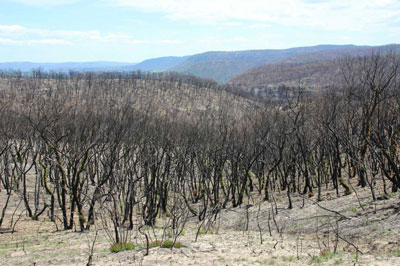
Vale Haydn, we’re on to your noble legacy. Your passionate championing of native habitat values and your tireless campaigning fights for the preservation of Wilderness will not have been in vane on this website!
Further Reading:
[1] Vale Haydn Grinling Washington Ph.D [1955-2022], >https://habitatadvocate.com.au/vale-haydn-grinling-washington-ph-d-1955-2022/ , (NOTE: This article is a work in progress and so currently remains unavailable to access, however we expect to have it completed and accessible before the end of January 2023.)
[2] ‘Stress and Cancer‘, National Cancer Institute, America, 202-10-21 , ^https://www.cancer.gov/about-cancer/coping/feelings/stress-fact-sheet
[3] ‘Dr Haydn Washington’s literary works‘, >https://habitatadvocate.com.au/dr-haydn-washingtons-literary-works/
